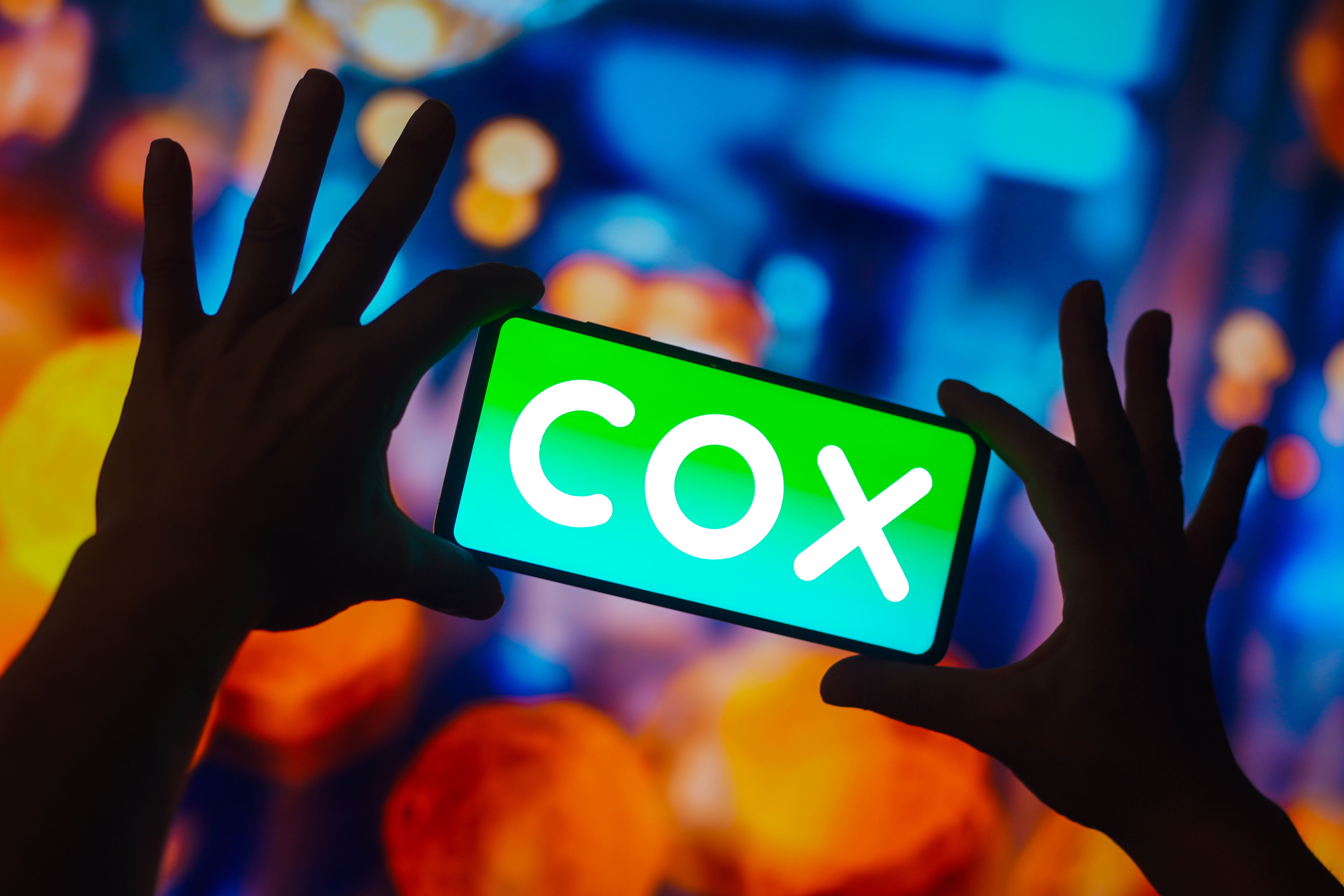
The smarter way to stay on top of the streaming and OTT industry. Sign up below.
You are now subscribed
Your newsletter sign-up was successful
Cox Communications has asked the Supreme Court to overturn a lower court’s ruling that held the company liable for its’ subscribers' copyright infringement.
The Supreme Court’s review “is needed to restore a uniform, nationwide copyright damages regime,” the company said.
The case, which began in 2018 when Sony Music Entertainment, Universal Music Group, Warner Music and other music giants sued Cox, aims to make it so internet service providers including Cox are accountable for piracy committed by their subscribers.
Also Read: Cox Moves to Overturn $1 Billion Music Suit
The music companies argued that the privately held cable company “knowingly contributed to, and reaped substantial profits from massive copyright infringement committed by thousands of its subscribers.”
In 2019, a Virginia jury found Cox liable for a total of $1 billion in damages for its customers’ violations of over 10,000 music copyrights.
The Fourth Circuit of Appeals tossed the $1 billion in copyright damages against the company in February, ordering a new trial to determine damages.
The smarter way to stay on top of the streaming and OTT industry. Sign up below.
However the court did find Cox liable for copyright infringement if it failed to terminate service for subscribers who pirate music.
The only way to avoid liability under the lower court decisions, according to Cox, would be terminate internet service for large groups of people, including public facilities like “coffee shops, hospitals and universities.”
“This ruling, should it stand, would force ISPs to terminate internet service to households or businesses based on unproven allegations of infringing activity,” Cox wrote in a statement. “The accounts that continued to rack up notices without termination were regional ISPs, universities, hotels, military housing, and other business accounts used by hundreds or thousands of individual users.”
Cox insists that it should not be liable for infringement at all, and warns that the decision might cause ISPs to increase surveillance on customers.
“This would result in a fundamental change to how ISPs must manage their networks,” wrote Cox. “Many may feel that the only way to avoid liability is to monitor the activity of their subscribers to ensure no one is engaging in potentially unlawful conduct.”
The company also stressed the potential impact to rural communities— many of whom lack access to an alternate internet offering, should they come under suspicion and have their service discontinued.
“At a time when the U.S. is spending billions of dollars to ensure that every American has access to the internet, the idea that homes could so easily lose that access goes against the goals of getting everyone connected,” wrote Cox. “Termination would leave a household with no viable access to the internet.”
Cox says that less than 1% of its subscribers were accused of music piracy during the period in question in the court trial.
Currently, the provider has approximately 6.5 million total residential and commercial customers.
Jack Reid is a USC Annenberg Journalism major with experience reporting, producing and writing for Annenberg Media. He has also served as a video editor, showrunner and live-anchor during his time in the field.
